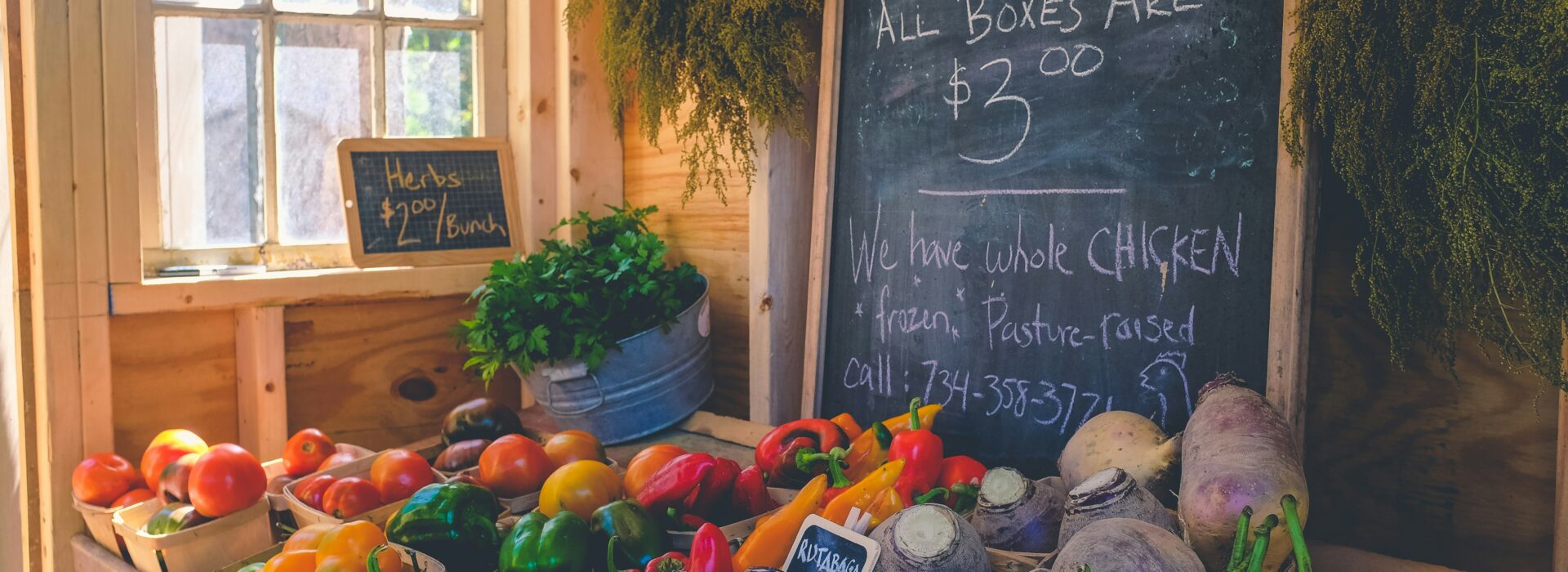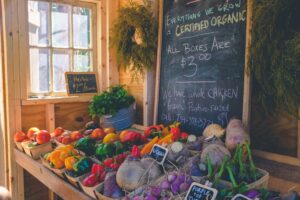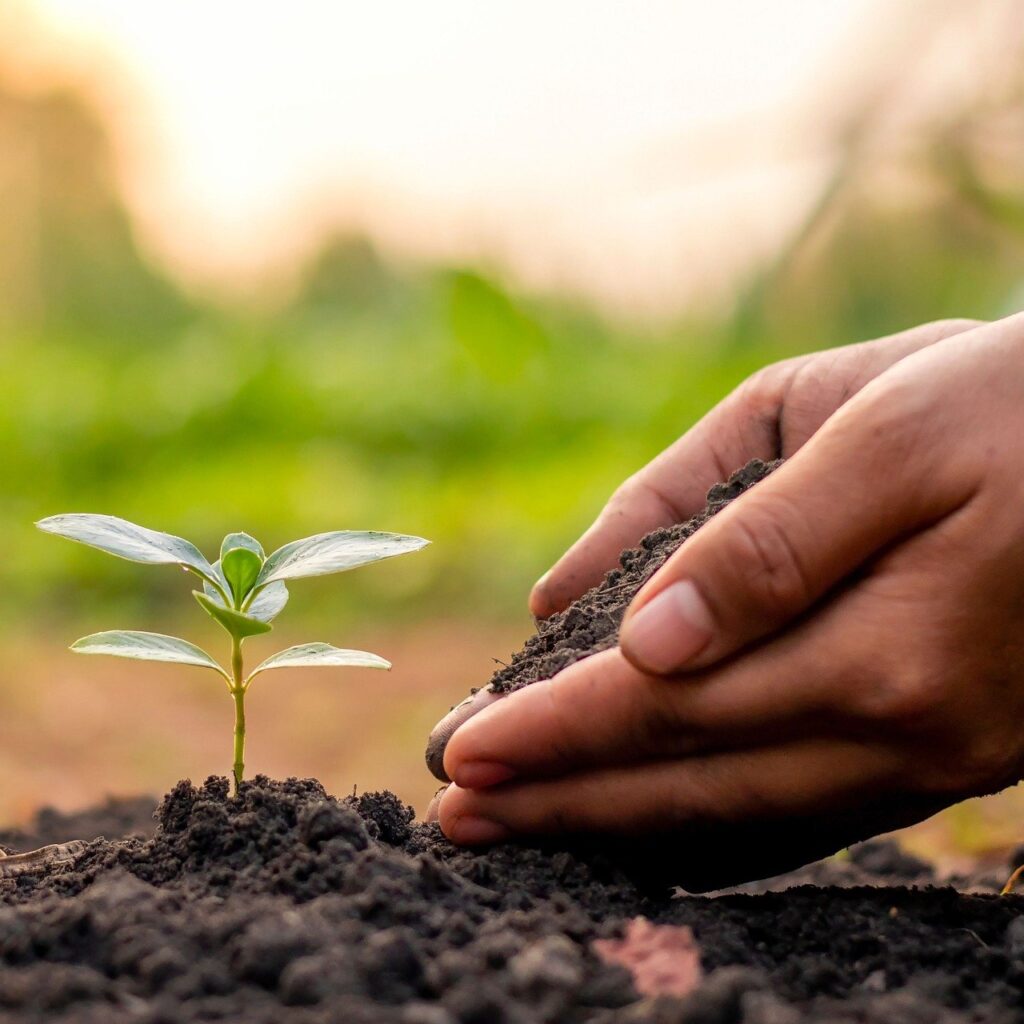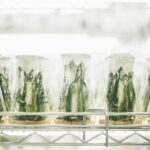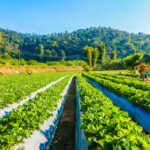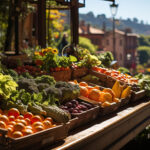As a gardener or farmer, choosing the right seeds can make a significant difference in your garden’s health and productivity. With so many options available, you might find yourself wondering about the difference between organic seeds and heirloom seeds. Let’s dive into these two types of seeds, exploring what sets them apart and how each can contribute to a thriving, sustainable garden.
What Are Organic Seeds?
Organic seeds are grown in accordance with organic farming principles. These principles prohibit the use of synthetic fertilizers, pesticides, and genetically modified organisms (GMOs). Instead, organic farming relies on natural processes and inputs to maintain soil health and manage pests.
Key Features of Organic Seeds:
- Certification: Organic seeds often come with certification from accredited bodies, ensuring they meet specific organic standards.
- Growing Practices: These seeds are produced in soil free from prohibited substances for several years, ensuring they are free from synthetic chemicals.
- Environmental Impact: Organic farming practices promote ecological balance, biodiversity, and sustainable soil health.
What Are Heirloom Seeds?
Heirloom seeds are treasures from the past. These seeds come from plant varieties that have been cultivated and passed down through generations, often for 50 years or more. Heirloom seeds are cherished for their historical significance, genetic diversity, and unique characteristics.
Key Features of Heirloom Seeds:
- Heritage: Heirloom seeds come from open-pollinated plants, meaning they can be pollinated naturally by insects, birds, wind, or human hands.
- Genetic Stability: These seeds produce plants that are true to type, meaning the offspring will closely resemble the parent plant in terms of characteristics.
- Variety: Heirloom seeds offer a vast array of colors, flavors, and forms, preserving the biodiversity of plants that may not be found in commercial varieties.
- Cultural Significance: Many heirloom varieties have rich histories and traditions associated with them, linking them to specific regions or communities.
Key Differences Between Organic and Heirloom Seeds
Cultivation and Usage:
- Organic Seeds: These can be from modern hybrid varieties as long as they are grown organically. Organic seeds are chosen for their compatibility with organic farming practices, reducing chemical inputs, and enhancing sustainability.
- Heirloom Seeds: These are always from older, traditional varieties and are usually open-pollinated. Heirloom seeds are chosen for their preservation of genetic diversity, unique traits, and historical value.
Purpose:
- Organic Seeds: The primary goal is to support organic farming methods, promoting environmental health and sustainable practices.
- Heirloom Seeds: The main aim is to preserve genetic diversity, maintain unique plant traits, and keep traditional varieties alive.
Availability:
- Organic Seeds: These may include hybrid seeds bred for specific traits like disease resistance or high yield, provided they are grown organically.
- Heirloom Seeds: These are never hybrids. They are selected for their traditional qualities and ability to breed true from one generation to the next.
Combining Both: Organic Heirloom Seeds
You don’t have to choose between the benefits of organic and heirloom seeds. It’s possible to find seeds that are both organic and heirloom. These seeds are grown under organic conditions and come from heirloom varieties, offering the best of both worlds: sustainable growing practices and the preservation of traditional plant genetics.
Conclusion
Whether you’re a seasoned gardener or just starting out, understanding the difference between organic and heirloom seeds can help you make informed choices for your garden. Organic seeds support sustainable farming practices, while heirloom seeds preserve valuable genetic diversity and cultural heritage. By choosing the right seeds, you can contribute to a healthier environment and enjoy a garden full of diverse, vibrant plants.
Also read our blog comparing GMO, Hybrid, Organic, and Heirloom Seeds

